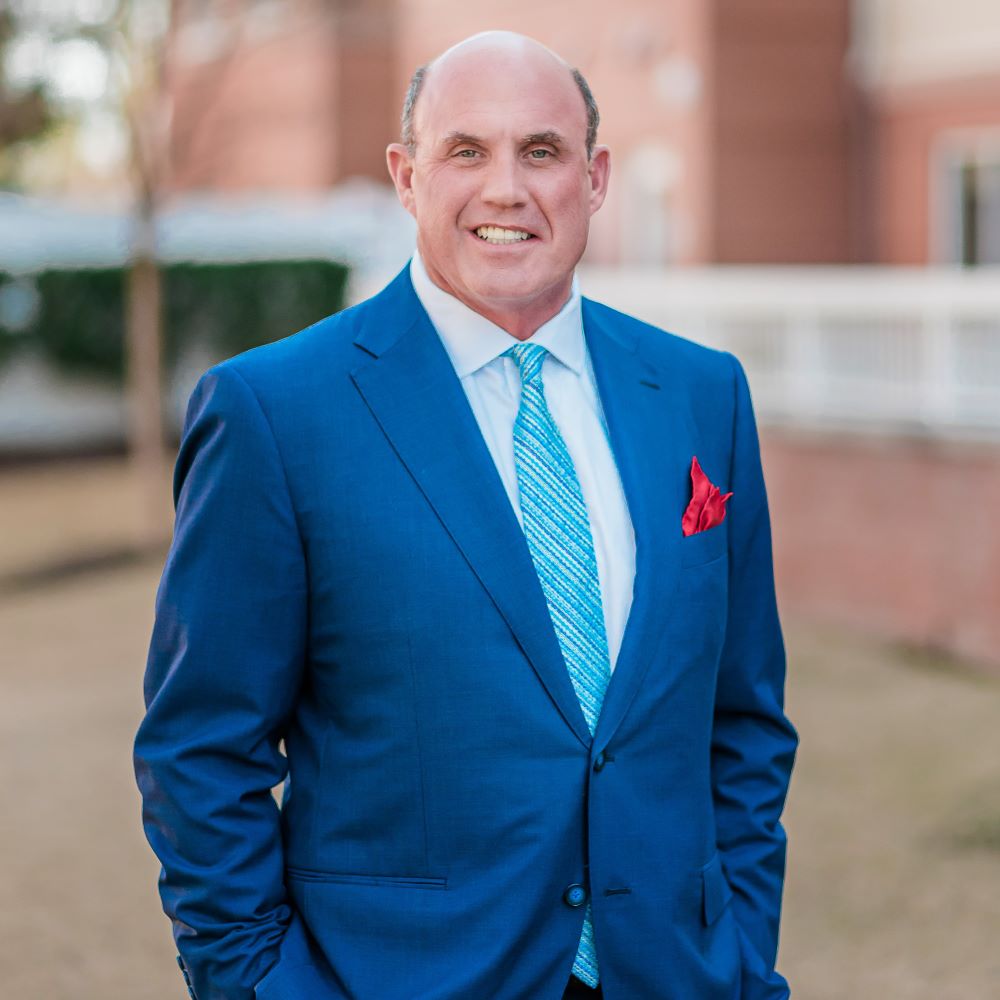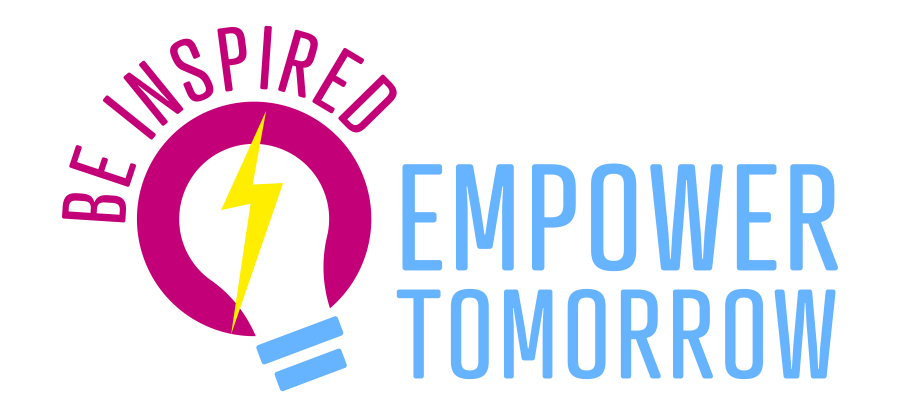
Plenary Speakers
2025 ADEA Annual Session & Exhibition
Plenary Speakers
Sunday Plenary

Building a Culture of Excellence: Excellence Isn’t Optional
Sunday, March 9 | 8:30 – 10:00 a.m.
Dr. Michelle Rozen
"The Change Doctor"Learning Objectives:
- Explain the 6% methodology and how it relates to a culture of excellence.
- Describe how the 0-10 Rule protects against burnout and inefficiency.
- List the four key benefits of building a culture of excellence.
In today’s volatile, uncertain, complex and rapidly changing world, the need to build a culture of excellence has never been more critical. As a leader, the question isn’t if you should prioritize building a culture of excellence—it’s how quickly and strategically you can integrate it into your team’s DNA to ensure long-term success.
Excellence isn’t a luxury; it’s a necessity for staying competitive, driving innovation and attracting top talent in an era defined by disruption and competition. Building a culture of excellence isn’t just a strategic advantage—it’s the price of entry in today’s business environment. The ROI is undeniable, and the risks of failing to act are catastrophic.
Drawing from the research and principles of her book, The 6% Club, Dr. Rozen shares why building a culture of excellence is not just important but absolutely essential for leaders today, and how the 6% methodology provides a powerful framework for getting buy-in from your team to build this culture together.
Monday Plenary—Tapestry Table

Beyond Words: Insights Into More Compassionate Practices
Monday, March 10 | 8:30 – 9:45 a.m.
Elizabeth Bonker
Executive Director, Communication 4 ALLLearning Objectives:
- Discuss the role you can play in facilitating better medical care for all patients, including those who are neurodiverse.
- Analyze the challenges faced by autistic individuals, particularly nonspeakers, and identify strategies to promote inclusivity and understanding in society.
- Describe the role of nonprofit organizations like Communication 4 ALL in advancing the communication rights of nonspeaking individuals with autism.
Elizabeth Bonker is the Executive Director of Communication 4 ALL, a nonprofit with the mission to gain communication for the more than 30 million nonspeakers with autism worldwide. Ms. Bonker, who is affected by autism, learned to type on a letterboard at age five and, later, on a keyboard. Her decade of advocacy work includes a book, I Am in Here, a TEDMED Talk, and a music album.
In May 2022, Ms. Bonker’s valedictorian commencement address at Rollins College went viral with more than 4 billion media impressions propelling her mission onto a global stage. She has given keynote addresses at Disability and Neurodiversity conferences around the world, including Europe and Asia.
Ms. Bonker is a member of the Autism Society’s Council of Advisors and Justice Center Task Force. Through her story, she offers valuable insights that can deepen society's understanding and foster more inclusive, compassionate practices.
Tuesday Plenary

From Survival to Success
Tuesday, March 11 | 10:00 – 11:15 a.m.
Dave Sanderson
Inspirational survivor of the Miracle on the Hudson, author, and nationally sought-out leadership speaker.Learning Objectives:
- Discuss the transformational impact of crisis.
- Explain how the lessons learned from trauma and crisis can shape future success.
On Jan. 15, 2009, US Airways Flight 1549 took off from LaGuardia airport in New York City. Just six minutes after takeoff, the plane hit a flock of geese, causing both engines to fail. The captain made a miraculous emergency landing on the Hudson River. All 155 passengers survived, and it quickly became known as the “Miracle on the Hudson.”
One of those passengers was Dave Sanderson. He is known not only for being a survivor of the Miracle on the Hudson, but also as an inspirational TEDx speaker, author and philanthropist. He has shared the lessons from that experience with more than 1,700 audiences around the world. His mission is to pass on the strategies he learned and implemented to show how you, too, can grow from a traumatic life event and achieve your most sought-after goals and outcomes.


